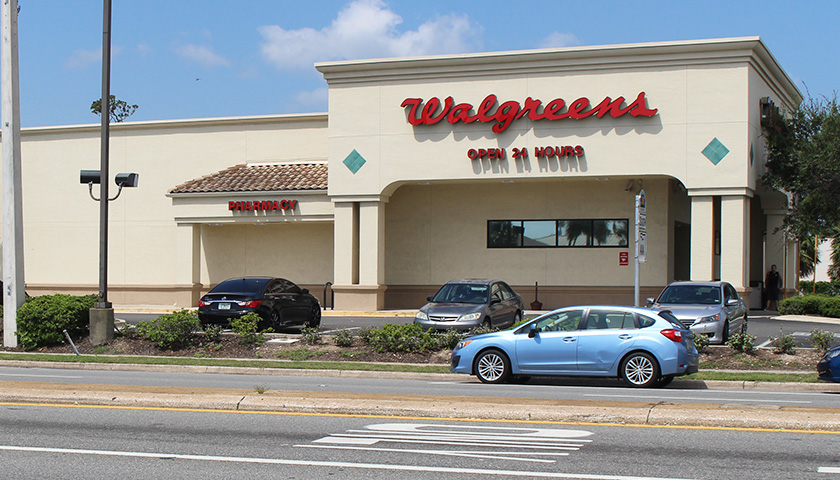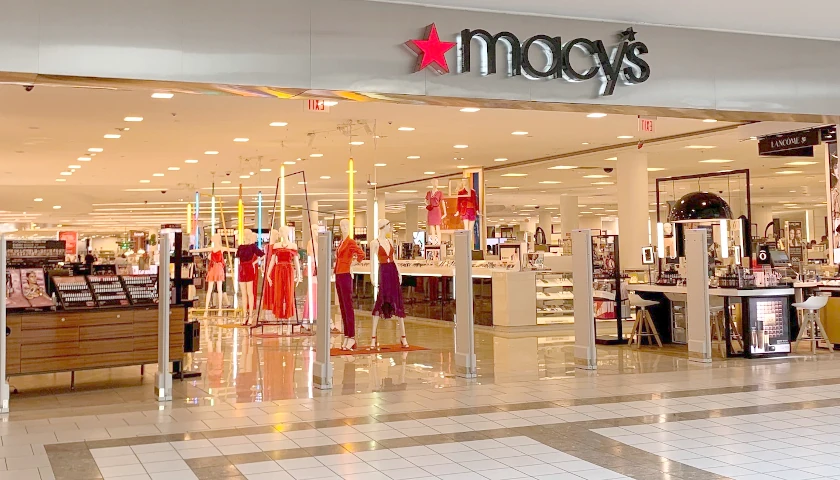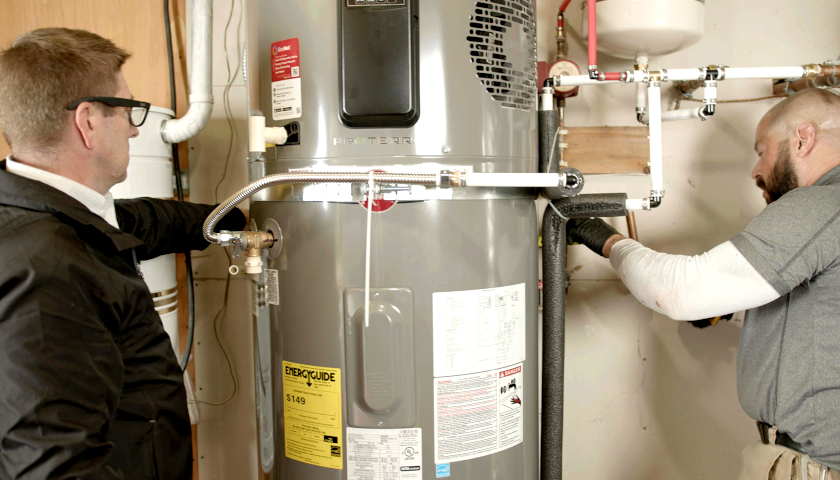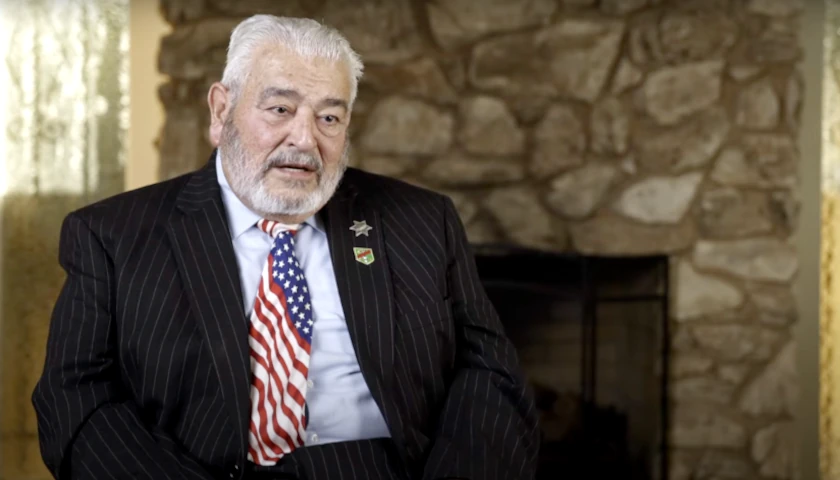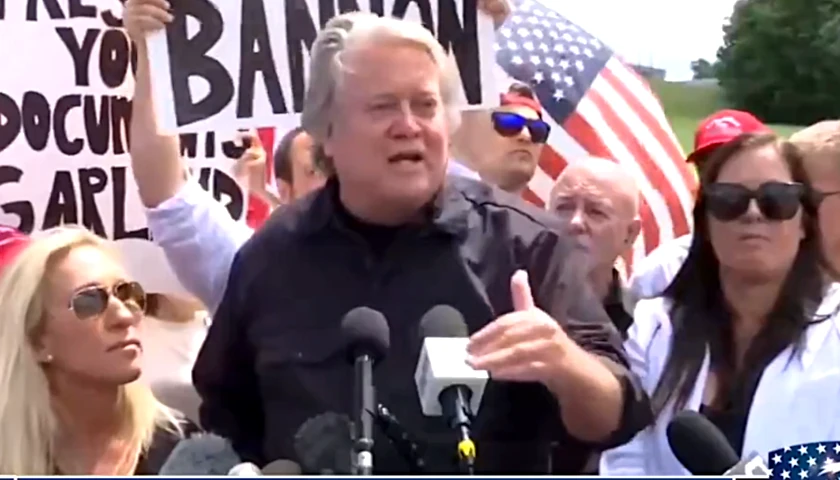by Christian Wade
Connecticut is slated to receive another payout from a multi-state opioid settlement involving two of the nation’s largest retail pharmacies.
Under the tentative deal, CVS and Walgreens have agreed to pay state and local governments a combined total of more than $10 billion to settle lawsuits over the toll of highly-addictive prescription opioids.
Connecticut will get about $127 million from the deal, which will be used to support opioid abuse treatment and prevention, according to Attorney General William Tong’s office.
“One by one, we are holding every player in the addiction industry accountable and forcing them to turn over billions of dollars for treatment and prevention nationwide,” Tong said in a statement. “CVS and Walgreens flooded our cities and towns with bottles upon bottles of pills with callous disregard for the suffering their actions caused.”
Tong said the settlements will force the companies to make “significant changes” to their business practices, including court-ordered monitoring to ensure checks and balances on dispensing medicines will now be “aggressively enforced.”
Besides Connecticut, 17 other states signed onto the settlement which have until the end of the year to accept the terms. CVS’s payments will be spread over 10 years; Walgreens’ payments over 15 years, according to Tong’s office.
Under the terms of the agreements, the funds must be used to remediate the opioid crisis, including prevention, harm reduction, treatment, and recovery services.
The settlement is the latest against the nation’s largest drug manufacturers and distributors over their alleged role in the opioid crisis.
In November, Walmart reached a tentative deal with more than 40 states to resolve allegations that it improperly dispensed OxyContin and other powerful prescription opioids at its retail pharmacies. Connecticut is getting about $35 million from the Walmart settlement, which didn’t require a company to admit any wrongdoing.
Earlier this year, states reached a $26 billion settlement with Johnson & Johnson, and three of the nation’s largest drug distributors to resolve claims by states and local governments that the companies helped fuel a wave of addiction.
Collectively, the settlements will provide an estimated $600 million for Connecticut over the next several years, according to Tong’s office.
For many, opioid addiction has its roots in prescription drugs such as Oxycontin, which led them to street-bought heroin and the powerful synthetic opioid fentanyl once the more expensive pills ran out.
There were 1,524 confirmed or suspected opioid-related deaths in Connecticut in 2021, 10% higher than in 2020, according to the state Department of Public Health.
Fentanyl was present in 86% of the overdose deaths where a toxicology report was available, state officials noted.
– – –
Christian Wade is a contributor to The Center Square.
Photo “Walgreens” by Michael Rivera. CC BY-SA 4.0.

